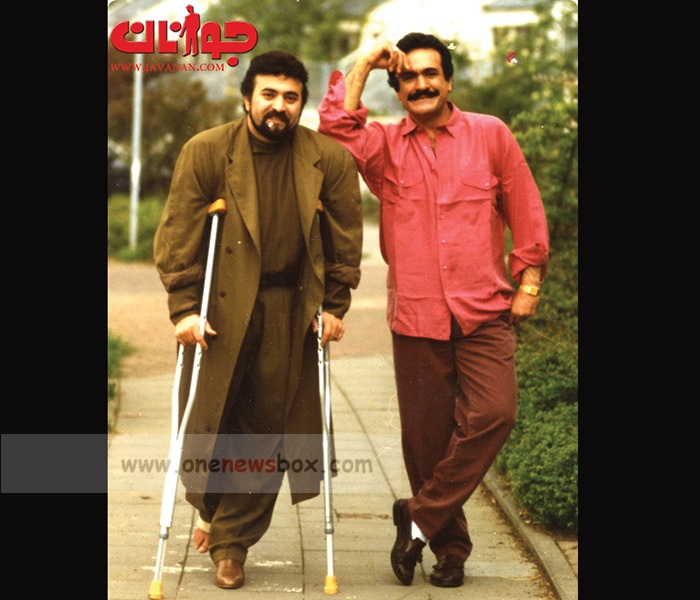Origins of Los Angeles Music
The Revolution and the Exodus of Artists
The 1979 Iranian Revolution marked a turning point in the country’s history, leading to significant political, social, and cultural changes. Among the many transformations that took place was the imposition of strict regulations on the production and dissemination of music. Pop music, which had flourished during the reign of the Pahlavi dynasty, was suddenly deemed un-Islamic and was banned. This led to a mass exodus of musicians, singers, and artists, who sought refuge in countries with more lenient cultural policies, particularly the United States.
Los Angeles, with its already established Iranian community and favorable conditions for creative expression, became the natural destination for these exiled artists. The city soon transformed into a hub for Iranian music production, giving rise to what is now known as Los Angeles music. This genre, while rooted in pre-revolutionary Iranian pop, incorporated elements of Western music, reflecting the artists’ new environment and the cultural amalgamation they were experiencing.
The Birth of a New Musical Genre
The early 1980s saw the emergence of Los Angeles music, characterized by its blend of traditional Iranian melodies with contemporary Western genres such as pop, rock, and disco. The lyrics often dealt with themes of love, nostalgia, and the longing for the homeland, resonating deeply with the exiled Iranian community. This music served as a cultural bridge, connecting the diaspora to their roots while also introducing them to the Western musical landscape.
One of the most notable aspects of Los Angeles music was its production quality. With access to advanced recording technologies and professional studios, Iranian musicians in Los Angeles were able to produce music that matched, and in some cases exceeded, the technical standards of their Western counterparts. This high production value contributed to the genre’s popularity, both within the Iranian community in the United States and back in Iran, where the music was smuggled and distributed through underground networks.

